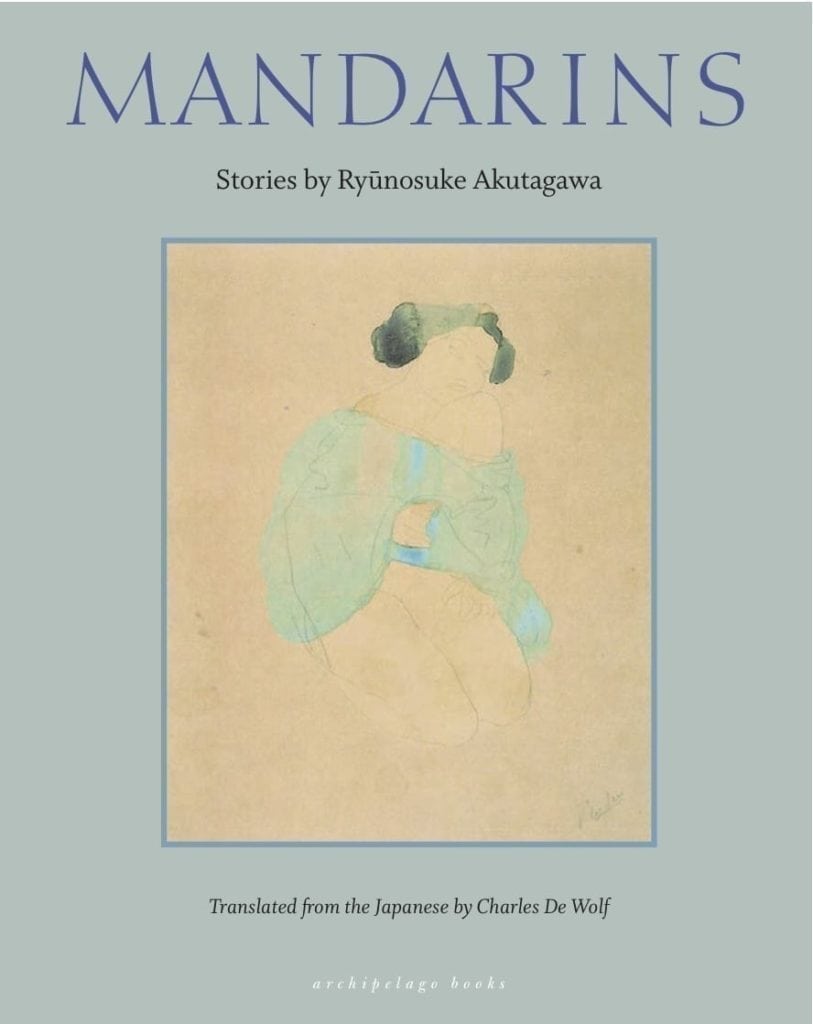Praise
Extravagance and horror are in his work, but never in his style, which is always crystal-clear
The flow of his language is the best feature of Akutagawa’s style. Never stagnant, it moves along like a living thing . . . His choice of words is intuitive, natural – and beautiful.
The works of Akutagawa comprise, in the literary sense, an indispensable anatomy of melancholy. He was both traditional and experimental and always compelling and fearless. As Joseph Brodsky said, Akutagawa loved the world strangely. There is no writer quite like him. The translations of Charles De Wolf make for the perfect duet between languages. This is a wonderful collection.
In the spare, textured prose of these six short stories, [Akutagawa] brings us clear-eyed glimpses of human behavior.
These glittering stories are the smallest divisible literary parts: moods, scenes, bits of conversation, set in trains, behind windows, in quiet rooms. . . . The refined attitude and exquisite detail (clouds, autumn grasses, lanterns, bowls) make the stories piercing, emotional, sometimes oddly painful.
The six stories ... need no recommendation except their own merits — which are fresh and striking.
Each story, a carefully constructed world of sadness and a kind of hopeless beauty, is precisely described in spare and graceful sentences. As a group, they linger and tease and disturb. . . . They plunge fearlessly into the place that lies between sanity and madness, between tradition and modernity, between the past and the future. Creations of the beginning of the last century, they could easily have been written yesterday, and will last far beyond tomorrow.
Extras
Trailer for Akira Kurosawa’s Rashomon (1950), based on the stories of Akutagawa.

